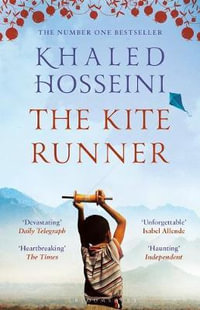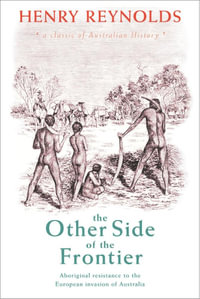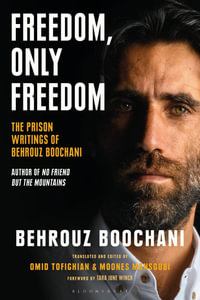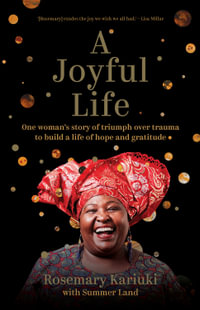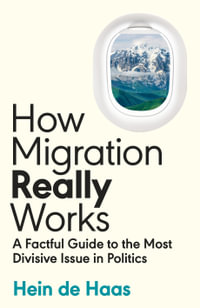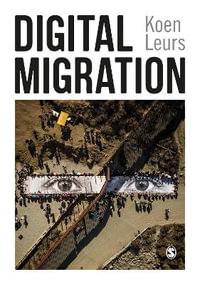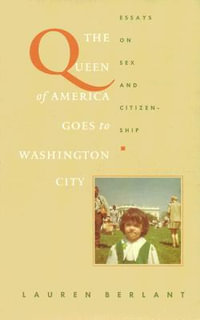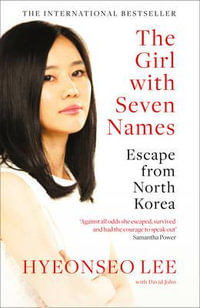'This book is best approached as an account of a conversion. It was during the course of fieldwork on a seemingly unrelated topic (egg 'donation') that the author found her views on state and politics (concerning Israeli and its neighbours, and thus Zionism) became completely upturned. It was a particularly tense time, but rather than compartmentalising how these arenas were talked about, the author saw them in combination. The result is a thought-provoking weaving back and forth: the bulk of the study is of an unusual experiment in reproductive transfer (eggs and sperm travel but not the people, in this case between Romania and Israel), which is interspersed with references to how the developing political situation formed her perspective as an individual researcher.
'What provides the common ground here is what she refers to as 'Israeli national imaginaries' and how the state thinks about its own reproduction. As she says at the outset, the book is about that way in which 'everyday practices and procedures of Israeli egg donation create and reinforce nationalised, racialized bodies, borders and ideals'. This is more than play with metaphors. Much more so than in many parts of the world, here the realities of people's everyday lives are bound up the problematics of citizenship, the military and survival. While this Israeli nexus of symbols and practices has been described before, the novelty of Extractions lies in its address to family-oriented practices that involve cross-border treatment.
'The author makes a persuasive defence of the combinations of events and ideologies that she writes about, and her ambition to create an effect ('diffraction' or interference). As she says at one point, border defence and egg recipient narratives are not necessarily linked: the connection is an 'ethnographic interference' that she has made. This is a courageous and unsettling book that is not meant to sit easily anywhere; it does not offer the academic comfort of unfolding deep meanings or hidden relationships. Rather, it buffets one like the wind whipping across the surface of a sea, conveying what it is like in the here and now. Memorable.
'This will be an important contribution to research on transnational reproduction, especially under market conditions, but it is also considerably more, and offers a fascinating case study of what it means to discover a political imperative in what one writes about and thus in how one writes.' - Marilyn Strathern, University of Cambridge, UK
'In this important book, Michal Nahman demonstrates that, far from being a marginal 'women's issue', the transaction of ova should be located at the heart of geopolitical concerns around the constitution of the nation-state, the rights of citizenship, the difficulties of racial categories and military conflict and the organisation of the global bioeconomy. By mapping the market circulation of fertility between Israel and Romania, she gives us complex insights into the ways women negotiate their reproductive capacities and body boundaries in both transitional economies and embattled, militarised states. This is essential reading for anybody interested not only in the biopolitics of reproduction but also in the politics of the Middle East and Europe more generally.' - Catherine Waldby, University of Sydney, Australia
'In this fascinating book, which deals with complex issues but uses accessible and illustrative language, Michal Nahman makes important contributions to several fields of study - of Israeli society and the intersecting constructions of its national boundaries by local and global racialized and gendered discourses that shape but also transcend its underlying Zionist settlement project; - of the ways women and their reproductive roles as 'bearers of the collective' embody, affect and are affected by these national, cultural, religious and racialized processes; - of how new reproductive techn



